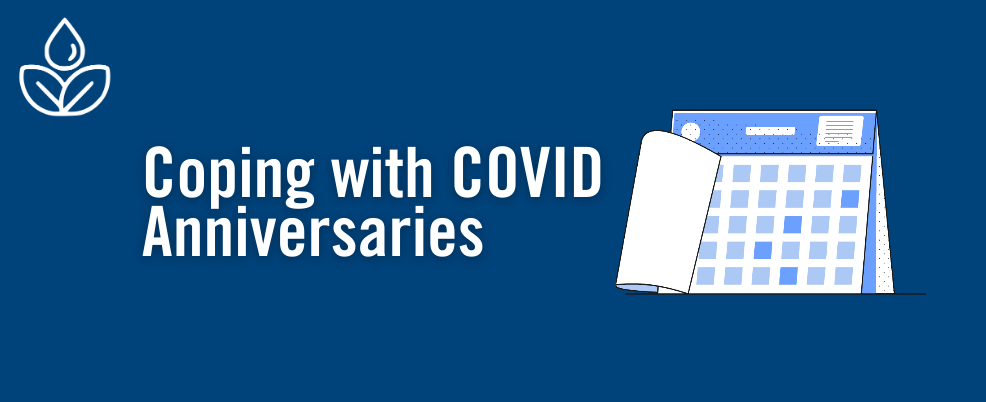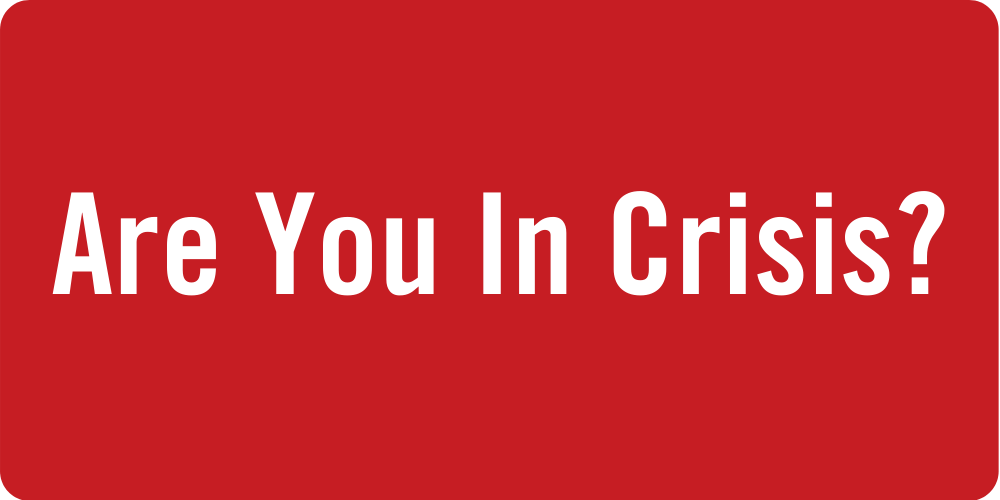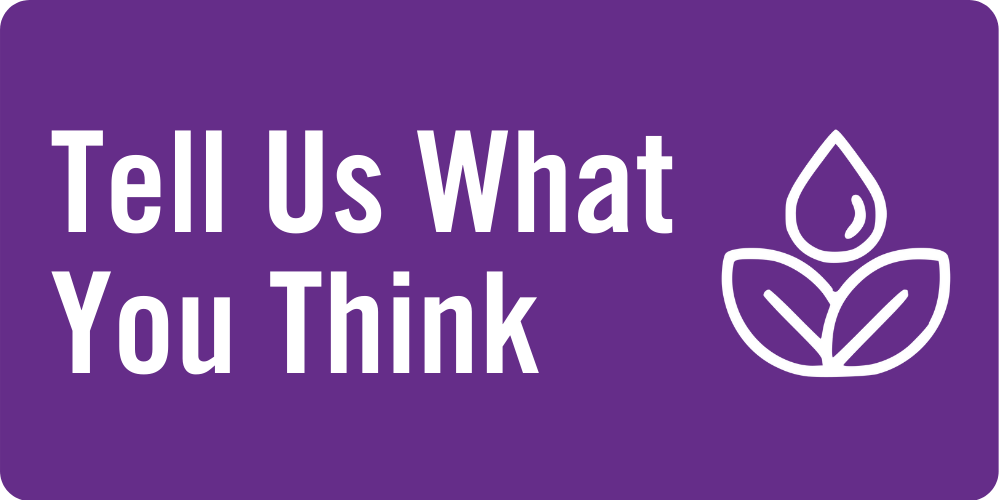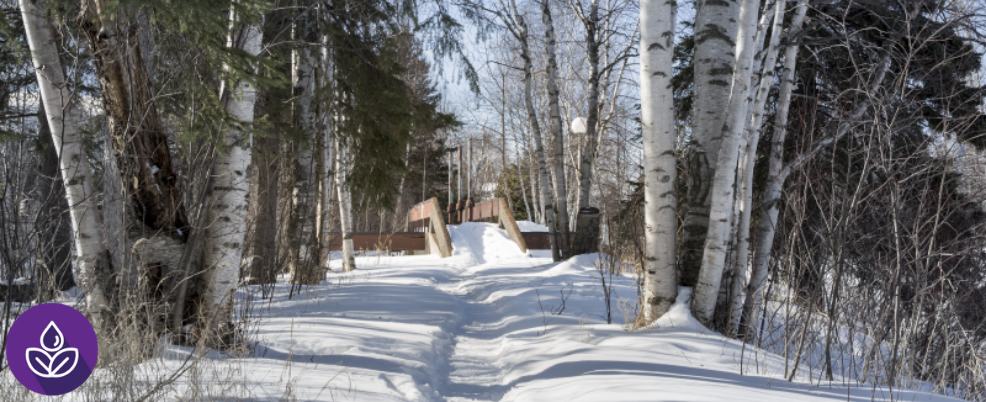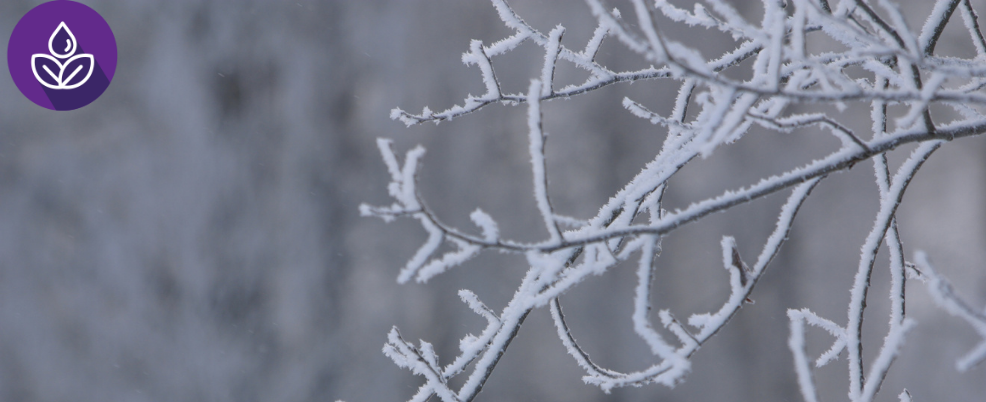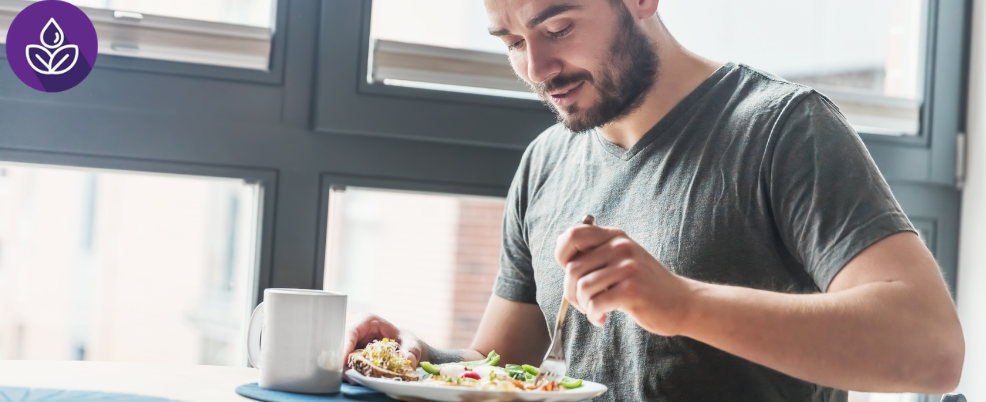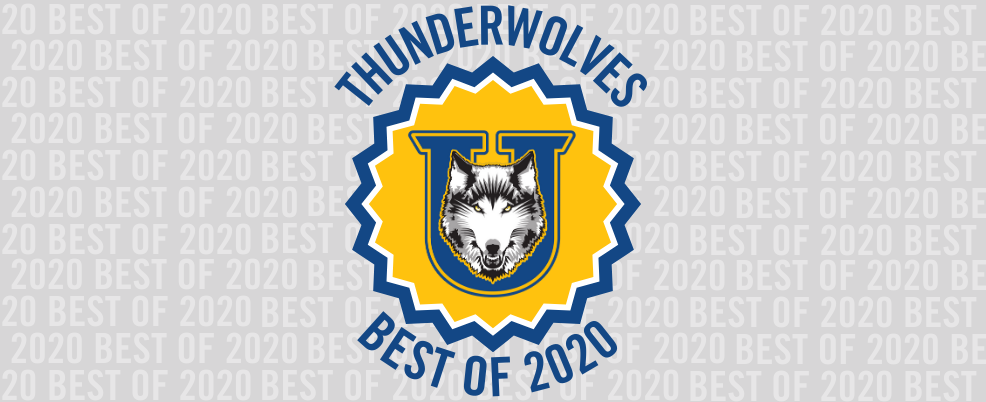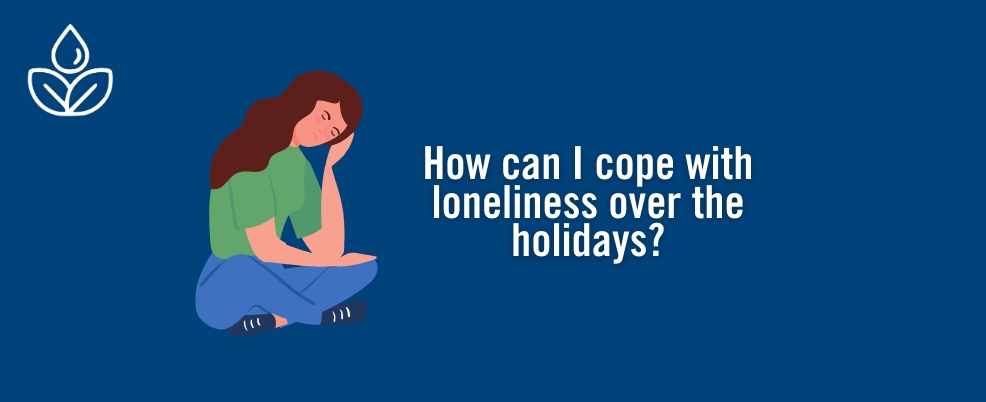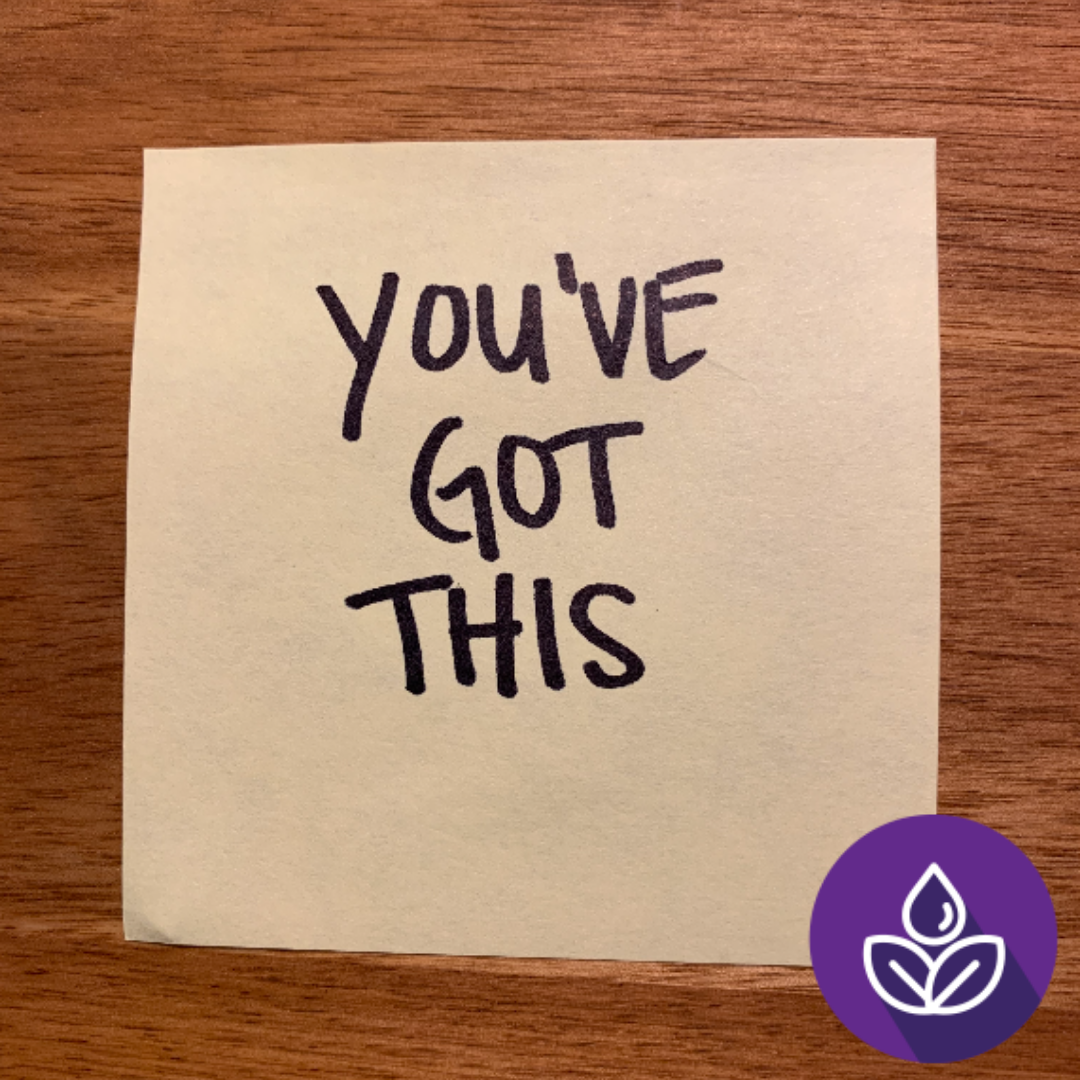Coping with COVID Anniversaries
In the coming weeks and months, it’s going to be hard to escape COVID-related anniversaries, from the serious (this would have been Grandma’s 80th birthday) to the quaint (remember when Gal Gadot sang “Imagine”?).
As the vaccine rollout continues and the weather allows for more outdoor activities, it is starting to seem like there is a light at the end of this pandemic tunnel (albeit a tunnel that still requires masks and physical distancing). But even if you have started to feel like you’re done with COVID-19’s effects on your life, you may find yourself reacting in unexpected ways to these anniversaries.
Here are some strategies on how to cope during this time.
Feel your feelings. If you do react to a memory or thought, stop and observe the emotion. Try to name it (anger, stress, frustration). Doing this brings mindful awareness to your thoughts, feelings, and physical sensations. This also helps remind you that you are experiencing a normal response to a stressful event. If you are having trouble figuring out exactly what you feel, journaling might bring some clarity.
Prioritize self-care. Self-care practices—like exercising, a good night's sleep, meditation, or connecting with friends and family—are often the first to be forgotten when you feel overwhelmed. But they are also what help you up to weather incoming stress. If you’ve stopped doing these, pick one or two and try to do them consistently.
Limit stressful media consumption and social media use. Turn off (or limit) the “On this day” and “memories” features on social media and photo-sharing platforms you’re on. These automatic features are often great sources of fun memories, but for the next few months they may bring back more pain than solace. If you find the news stressful or triggering, stick to trusted sources, get the facts, then click away.
Practice gratitude. We mention this strategy a lot but that is because it works! Start a gratitude list by writing down something that makes you genuinely feel thankful, while acknowledging the hardship you’re in (e.g. Online classes have been a struggle, but I am thankful for my study group). It’s a way to accept the reality of difficult situations while still maintaining a positive frame of mind that will help you move forward.
If you suffered a major loss in the past year, be ready for the anniversary of that loss and seek support from others as it approaches. It could be the first anniversary of the death of a loved one you couldn’t visit before they passed, or couldn’t hold a funeral for. Try to find a safe way to celebrate that person's life and what they meant to you. It could also be the loss of an opportunity, a job, or another important event that got cancelled. Trying to ignore these dates isn't the answer, but shifting the focus onto purpose, new growth and support can help you deal with these difficult milestones.
Reach out for support if you need it. The last year has not been what any of us expected it to be last March, and you might need extra support to help you process. Don’t be afraid to seek a professional mental health provider if you need to talk about your concerns with another person. They can give you space to freely express your emotions and receive the validation you need. If you need more immediate support, connect to a mental health hotline like Good2talk (Call 1-866-925-5454 or text good2talkon to 686868), Kid's Help Phone (despite the name, they have expanded services and are able to support all Canadians right now). You can call Crisis Response Services, a 24/7 crisis line staffed by the Canadian Mental Health Association.
- Thunder Bay- 807-346-8282
- Orillia- 705-728-5044
- Suicide Hotlines Across the World
